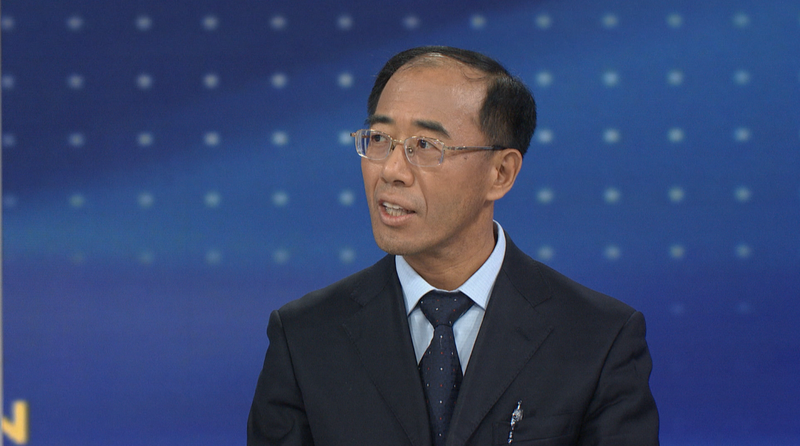In a fast-paced CGTN special program titled “Embrace the AI era: Global Governance Initiative in action,” Liang Zheng, Vice Dean at Tsinghua University’s Institute for AI International Governance, unpacked how China’s Global Governance Initiative (GGI) is setting the stage for a more inclusive and balanced approach to overseeing artificial intelligence.
Liang highlighted the complex landscape of AI governance, marked by diverging national agendas and the uncertainty that comes with leaps in machine learning, big data, and automation. “Global AI governance faces major challenges, including diverging national interests and high levels of uncertainty brought by rapid technological change,” he said.
At the heart of the GGI, Liang explained, are principles designed to steer policy toward collective well-being rather than competition. “The initiative can help build a system that is not about winners or losers, but about tackling shared challenges together,” he noted, emphasizing the need for trust and collaboration among governments, industries, and civil society.
By advocating for inclusiveness and balance, the GGI could provide “helpful ideas and guidelines” to align global regulations, ensuring that AI technologies benefit a broad range of communities and safeguard ethical standards. As the digital revolution accelerates, such frameworks may become essential tools in driving sustainable innovation and preventing fragmented rules that slow progress.
With AI reshaping everything from healthcare to transportation, the conversation Liang led on CGTN underscores how initiatives like the GGI could chart a path toward governance that keeps pace with technology and respects universal values. The future of AI, he argued, hinges on systems that unite diverse stakeholders and reinforce mutual trust.
Reference(s):
cgtn.com




